You’re not just feeling overwhelmed—it’s a symptom of the world heating up.
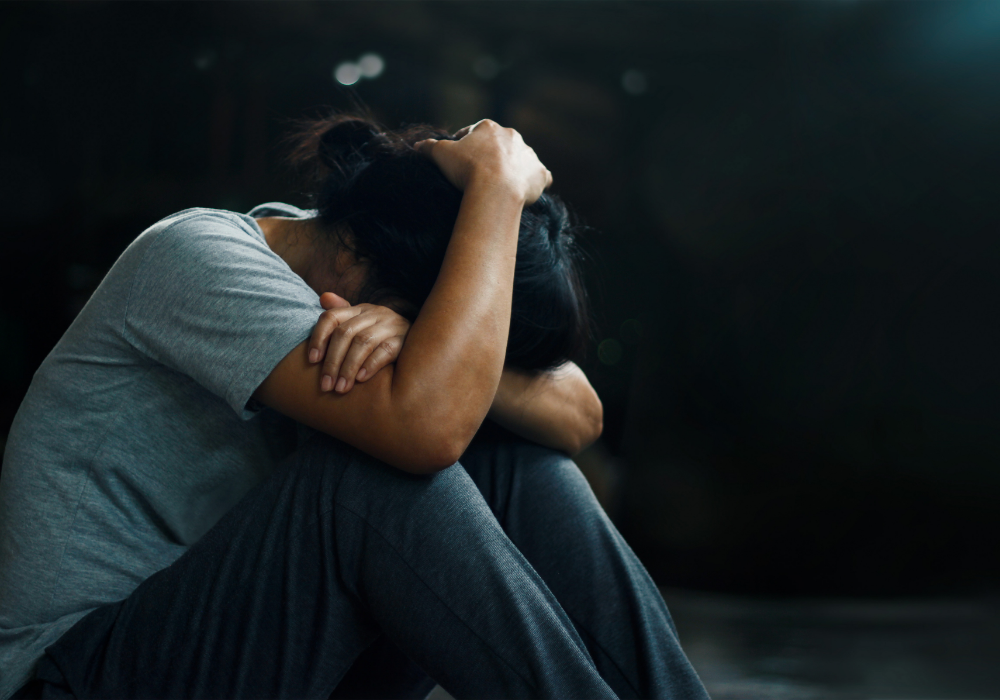
If you’ve felt more anxious, more on edge, or just completely burnt out lately, you’re not alone—and it’s not just your imagination. Climate change isn’t just wrecking the planet. It’s taking a serious toll on your mental health, too. The fires, the floods, the endless bad news—it all adds up. There’s this creeping sense of dread that never really goes away, and even if you’re not consciously thinking about the environment 24/7, your brain and body are picking up on the stress.
It’s not just eco-anxiety or grief about the future. The heat messes with your sleep. The disasters throw off your stability. The uncertainty makes everything feel heavier. And most of us are carrying that weight without realizing where it’s coming from. This isn’t about panic—it’s about recognition. Because the first step in protecting your mental health is knowing exactly what you’re up against.
1. Heatwaves are making you irritable, anxious, and emotionally fried.
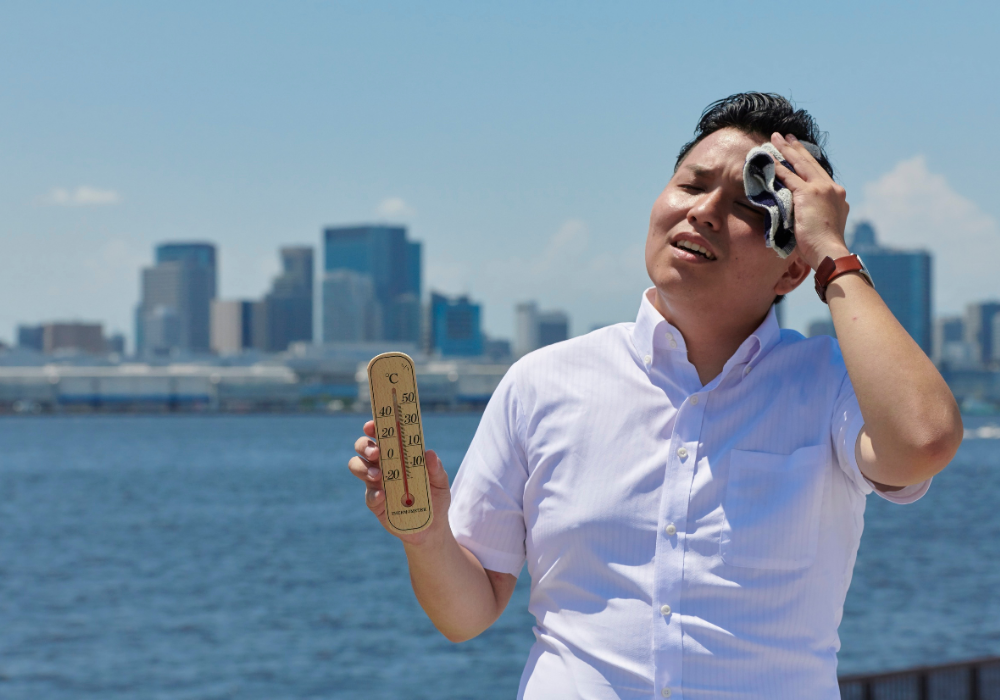
When the temperature spikes, so does your mood—and not in a good way. Research from the Cleveland Clinic indicates that excessive heat triggers feelings of anxiety, agitation, irritation, and cognitive difficulties, with heatwaves associated with increased suicides, substance use, domestic violence, and emergency room visits due to mental health issues. You’re not just sweaty—you’re mentally maxed out. The hotter it gets, the harder it is to focus, sleep, or feel like yourself.
This isn’t a one-off thing anymore. With heatwaves happening more often and lasting longer, that mental toll keeps stacking up. You start snapping at people. You can’t think straight. Everything feels harder. It’s not just the weather—it’s your nervous system reacting to stress you can’t escape. And if you feel like your brain short-circuits every time it hits 90 degrees, you’re definitely not alone.
2. Climate-related disasters are triggering long-term trauma and PTSD.

Wildfires, floods, hurricanes—when they hit, the fear is immediate. But what sticks around long after the news cycle moves on is something deeper. According to Anna Mitchell for The Lancet, the long-term mental health toll climate disasters take, leading to chronic stress and trauma even for those who aren’t directly affected. It’s not just about property loss or evacuation. It’s the chronic stress, the shattered sense of safety, and the constant fear that it could happen again.
Even if you weren’t directly affected, just watching disaster footage unfold can mess with your nervous system. It creates a lingering anxiety, a sense that the world is no longer predictable or safe. And when these events become regular, your body never fully relaxes.
3. Air pollution is making your brain foggy and your mood worse.
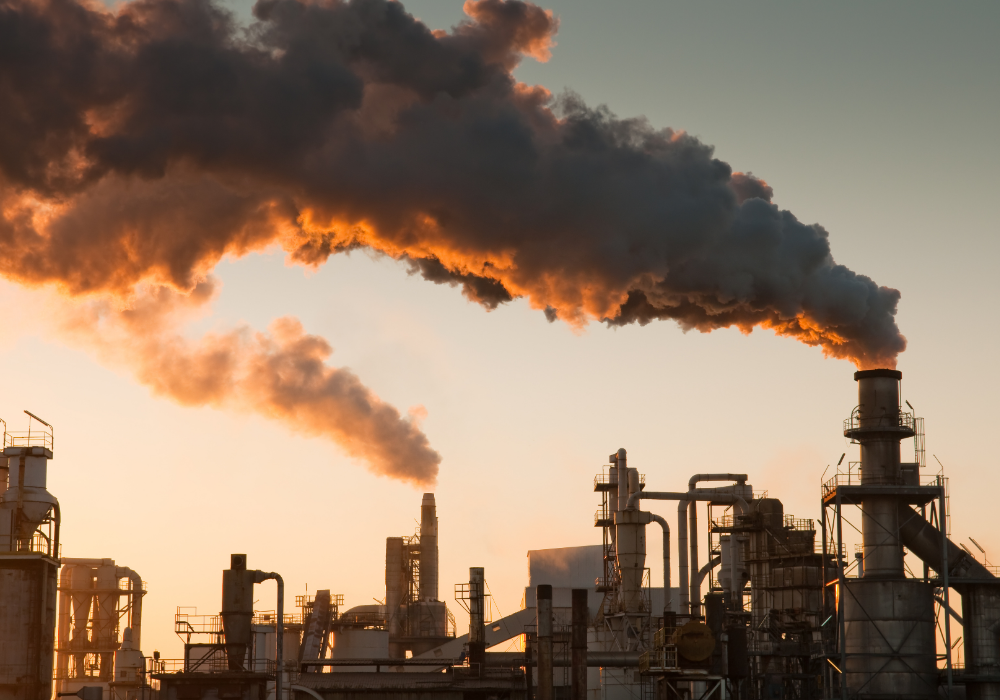
We usually think of air pollution as a physical health issue—coughs, asthma, allergies. But it’s also messing with your brain. Per The National Library of Medicine exposure to air pollution with increased risks of depression, anxiety, and cognitive decline by causing inflammation in the brain. The fine particles you breathe in don’t just stay in your lungs. They can cross into your bloodstream and even reach your brain, causing inflammation that affects your mood and mental clarity.
Over time, that fog builds into something heavier. You feel sluggish, low-energy, maybe even hopeless. And it’s not because you’re doing something wrong—it’s the air around you. You shouldn’t have to fight for your mental clarity every time you step outside, but that’s the reality in more and more places.
4. Eco-anxiety is turning everyday decisions into emotional minefields.
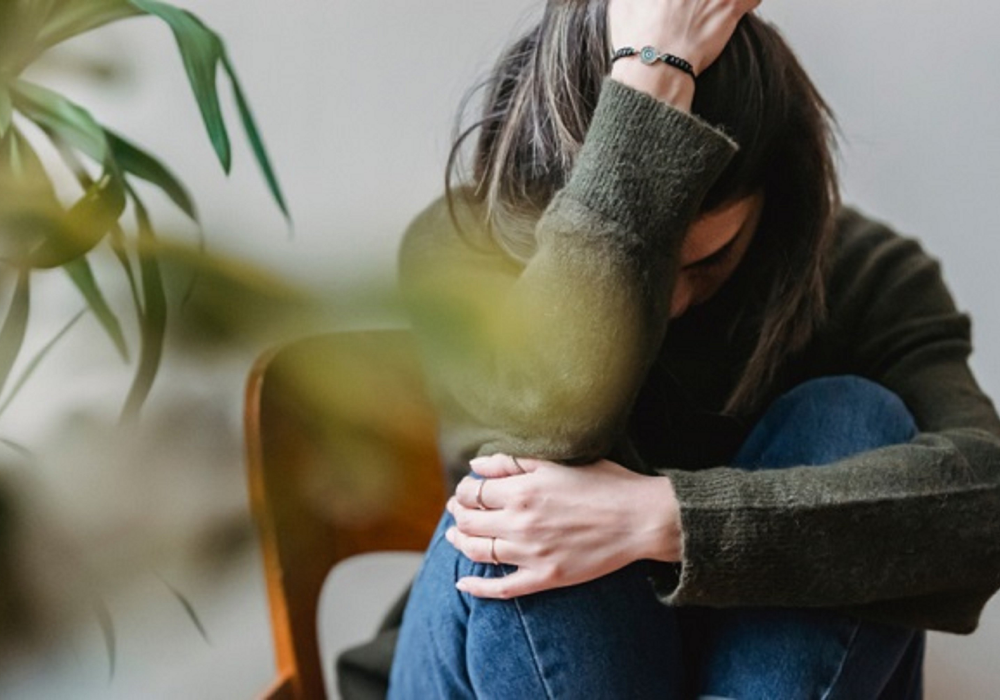
Should you drive or bike? Eat meat or go vegan? Buy new or thrift? These used to be simple choices. Now, they’re loaded with guilt, fear, and a sense that you’re either saving the planet or destroying it. That kind of pressure builds fast, especially when the stakes feel sky-high. You’re not just trying to live—you’re trying to live ethically in a system that often gives you no good options.
This isn’t just a personality quirk. Eco-anxiety is real, and it’s growing fast, especially among younger generations. It’s that feeling of helplessness when you recycle your takeout containers and know it won’t fix the bigger picture. It’s the weight of caring too much about something you can’t fully control. And it’s exhausting. When every action feels like a moral test, it’s no wonder people feel frozen, overwhelmed, or constantly not good enough.
5. Loss of biodiversity is creating a deep, quiet kind of grief.

You might not cry every time you hear about a species going extinct—but something in you shifts. Maybe it’s subtle. A pang. A weird emptiness. That creeping sense of “we’re not supposed to be living like this.” As more animals vanish and ecosystems collapse, there’s a growing emotional response psychologists call ecological grief—and it’s very real, even if it’s hard to name.
It’s not dramatic or loud, but it stays with you. Maybe it hits when you realize your kids might never see fireflies or coral reefs. Maybe it’s the gut-punch of seeing a dry lakebed where there used to be birds. This kind of grief doesn’t go away because it doesn’t have closure.
The loss just keeps happening. And the more you notice, the more it hurts—like mourning something in slow motion while everyone else pretends it’s fine.
6. Constant bad news is hijacking your nervous system and your peace.
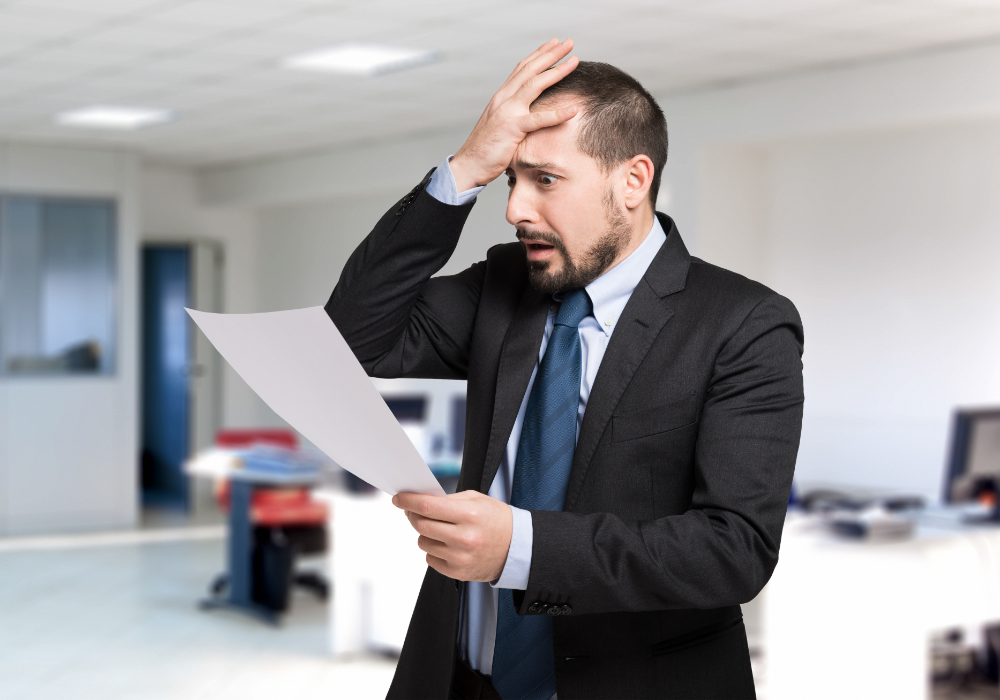
It feels like every time you open your phone, there’s another wildfire, another flood, another terrifying climate projection. And even if you try to unplug, the headlines find you—on your feed, in casual conversation, everywhere. That nonstop stream of climate doom doesn’t just inform you. It wires you for panic. Your body reacts like it’s under threat, even if the danger feels far away.
After a while, your stress response never really shuts off. You’re jumpy, tired, restless, or numb. Some days, you don’t even realize how tense you are until you finally exhale. And it’s not because you’re weak or overly sensitive—it’s because your brain is reacting to real, overwhelming input without a break. Doomscrolling isn’t just a habit. It’s your nervous system trying (and failing) to process a world that feels more unstable by the day.
7. Future planning feels impossible when the world keeps unraveling.

You’re told to think ahead—buy a home, build a career, start a family. But how do you make long-term decisions when the world feels so uncertain? Rising sea levels, food insecurity, economic collapse—it’s not just science fiction anymore. It’s showing up in everyday conversations, and it’s making people seriously rethink their timelines, goals, and dreams.
That uncertainty creates a weird, low-level paralysis. You want to plan, but everything feels temporary. Why save for retirement if you’re not sure what the world will even look like in thirty years? Why buy a house in a city that might flood? These aren’t overreactions—they’re rational fears in an irrational time. And when society keeps pushing you to “just move forward,” while everything feels like it’s falling apart, your brain short-circuits. Planning isn’t hopeful—it’s anxiety-inducing.
8. Seasonal depression is getting worse as weather patterns become more extreme.
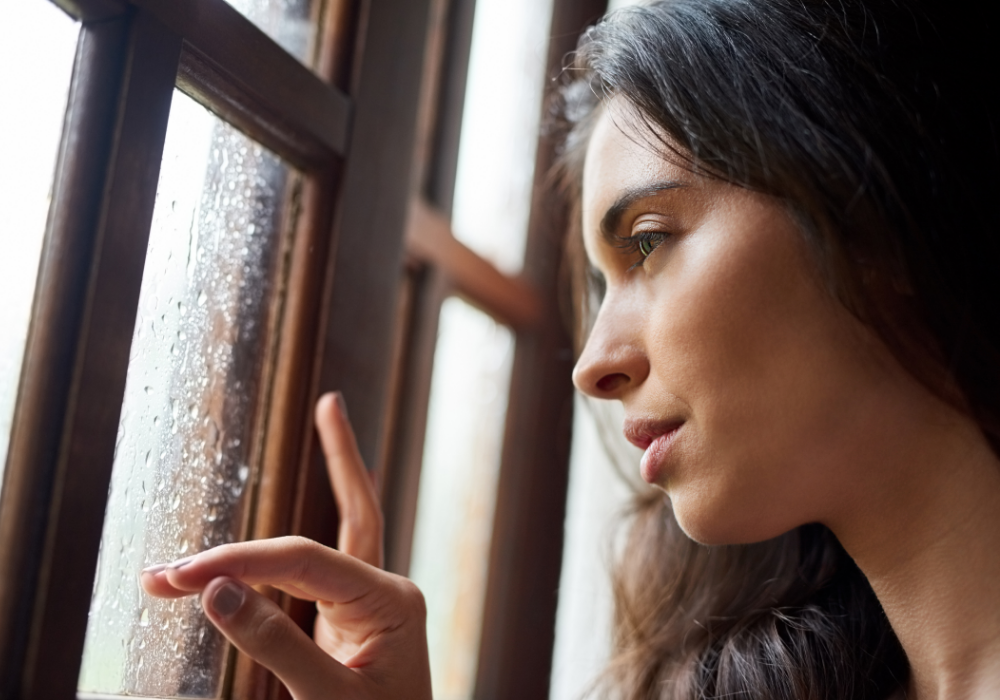
Seasonal Affective Disorder used to follow a pretty predictable pattern—gray skies, short days, winter blues. But now, thanks to climate change, the seasons themselves are getting weird. Winters are darker and wetter. Summers are hotter and more unbearable. Spring and fall? They’re barely hanging on. And your body, which once relied on seasonal rhythms, is struggling to keep up.
You might feel thrown off for reasons you can’t quite explain. One week it’s sunny and 80, the next it’s flooding. That back-and-forth messes with your internal clock, your mood, and even your hormones. It’s not just “bad weather.”
It’s your brain losing its sense of rhythm and grounding. For people who already deal with seasonal depression, this new climate chaos is making everything more intense, more unpredictable, and way harder to manage.
9. Chronic stress from environmental collapse is burning people out emotionally.
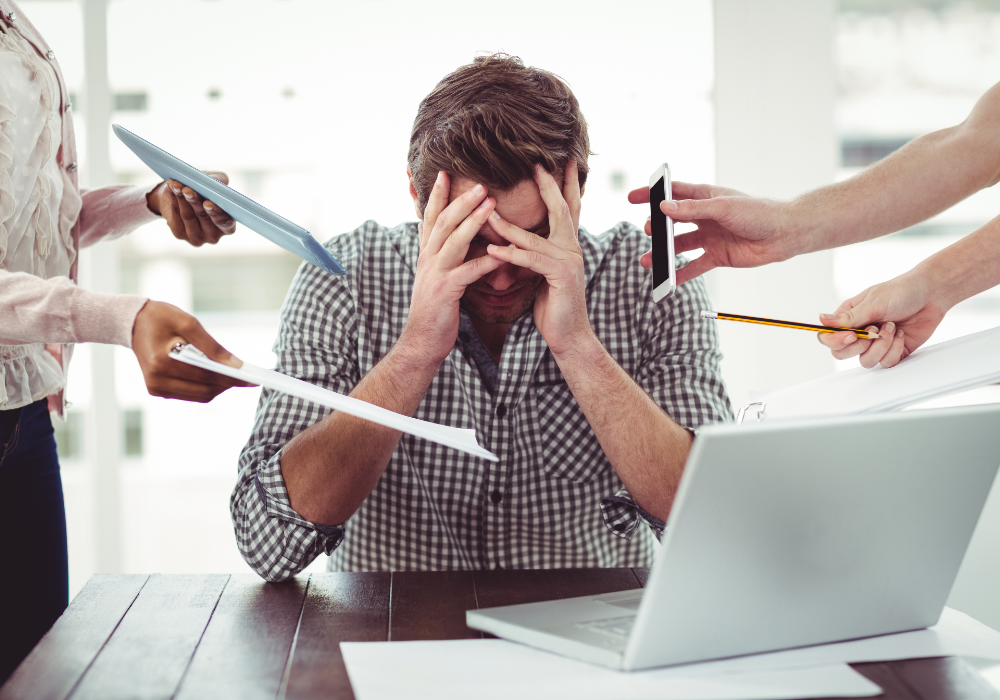
There’s regular stress, and then there’s existential stress. The kind that comes from realizing the systems we rely on—food, water, housing, power—aren’t built for the climate future we’re walking into. That kind of background noise wears you down in ways you don’t even notice at first. You’re not just tired. You’re cooked. Emotionally, mentally, sometimes physically.
Over time, that low-level dread becomes part of your daily life. You keep functioning, but there’s this emotional static running in the background, making everything feel heavier. Even good things don’t hit the same. You’re not being dramatic—you’re responding to real instability. And the worst part? We’re often expected to just push through, smile, and pretend everything’s normal when it clearly isn’t. That’s not resilience. That’s survival mode.
10. Food insecurity is creating hidden stress and fear around eating.
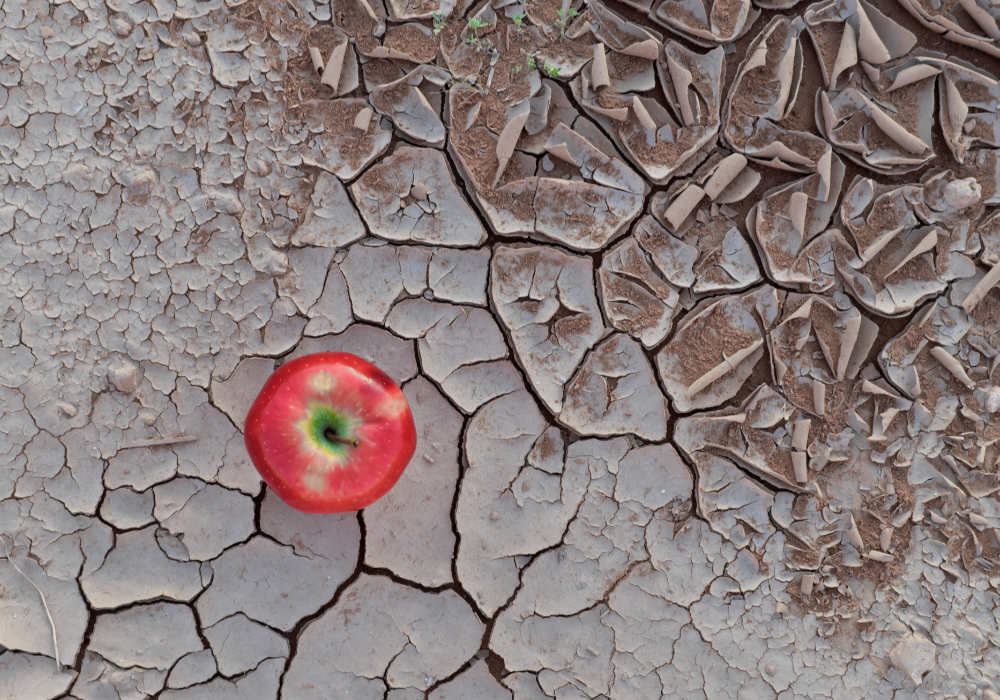
It’s not always obvious, but climate change is already messing with the food supply. Droughts, floods, and unpredictable seasons are making it harder to grow reliable crops—and that shows up on your plate. Prices go up. Quality goes down. Favorites disappear. Even if you still have access to food, there’s this growing tension around whether that will always be the case.
For many people, meals now come with a side of anxiety. You worry about what’s affordable, what’s safe, what might vanish next. And if you’ve ever felt guilt or stress in the grocery store lately, this might be why. It’s not just about inflation. It’s the creeping realization that food is becoming less dependable in a world that’s getting more chaotic. That fear isn’t irrational—it’s real. And it adds pressure to a basic part of life that’s supposed to bring comfort, not stress.
11. Community breakdown during climate crises is making people feel isolated.

We like to think disasters bring people together, but the truth is—sometimes they don’t. When resources are scarce and panic sets in, social bonds start to fray. People hoard, neighbors turn on each other, and help doesn’t always show up. That breakdown can leave you feeling more alone than ever, just when you need connection the most.
Even outside of active crises, there’s a growing feeling that you can’t rely on anyone. Maybe your government failed to act. Maybe your town isn’t prepared. Maybe your support system is just too burned out to help. That kind of disconnection sinks deep. It’s not just about being lonely—it’s about feeling unsafe and unsupported. And when climate disasters become more frequent, that isolation becomes its own kind of trauma.
12. Sleep problems are getting worse in a warmer, noisier world.

Good sleep isn’t just about turning off your phone—it’s about feeling safe, cool, and calm enough to actually rest. But climate change is wrecking all of that. Hotter nights make it harder for your body to cool down, which messes with your natural sleep cycles. Add in wildfire smoke, storm anxiety, or loud weather events, and suddenly your bedroom isn’t so restful anymore.
You might not even realize why you’re tossing and turning more than usual. But when your nervous system is stuck in survival mode and your environment feels unstable, your body stays on alert. That means shallower sleep, more waking up, and more fatigue during the day. Over time, that sleep debt adds up—messing with your mood, your focus, and your ability to cope with stress. You’re not just tired. You’re running on fumes in a world that won’t let you rest.
13. Feelings of hopelessness are rising as the climate crisis feels unstoppable.
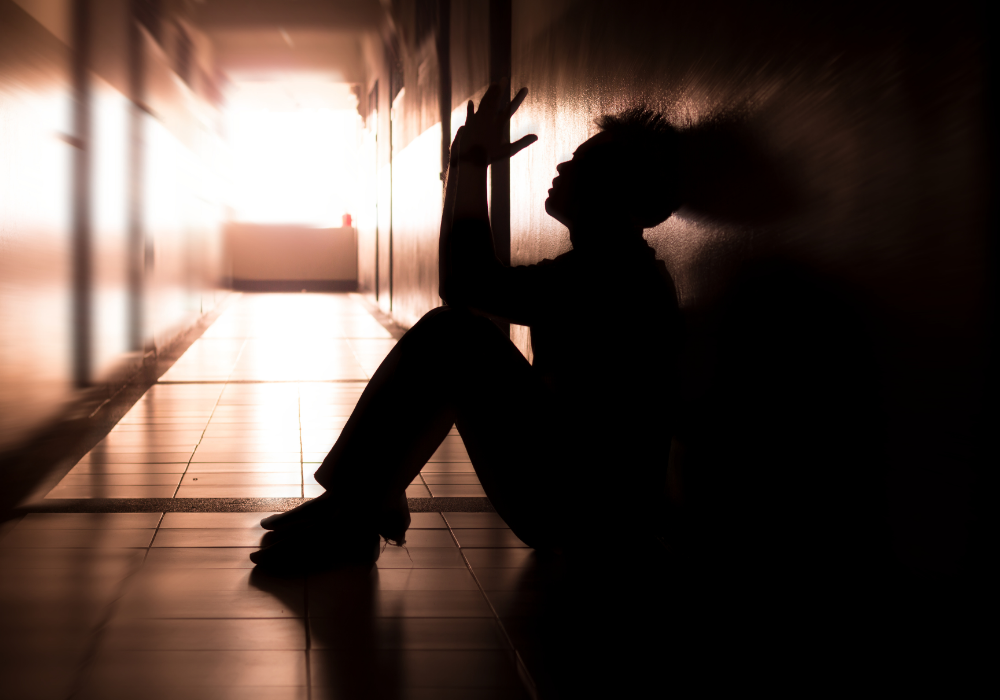
There’s a specific kind of despair that sets in when you realize how big the problem is—and how little power you seem to have. You recycle, you vote, you try to stay informed, but it still feels like the world is sprinting toward disaster. That sense of helplessness can turn into full-blown hopelessness, especially when progress feels slow or performative.
And the more you care, the harder it hits. You’re not numb because you don’t care—you’re numb because you do. That emotional burnout is real, and it’s showing up in higher rates of depression, especially among younger generations who feel like they were handed a sinking ship. Hope isn’t just a mindset—it’s something that needs evidence to survive. And when that evidence feels scarce, mental health takes the hit.
14. Children and teens are growing up with fear hardwired into their worldview.
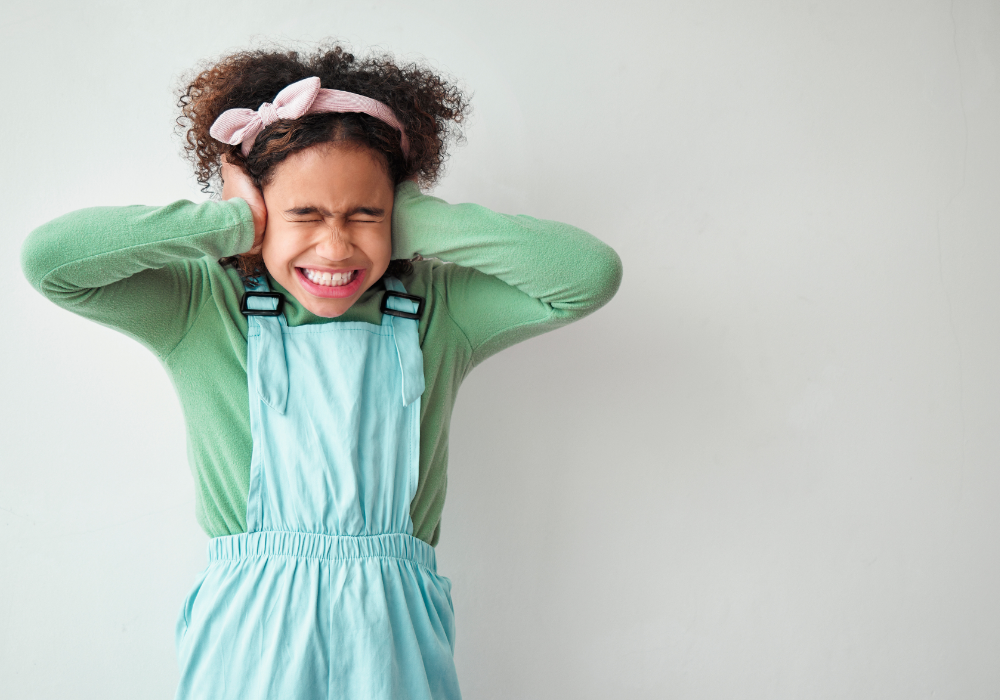
For younger generations, climate fear isn’t something they learn later—it’s baked in from the start. Kids are growing up hearing about extinction, disaster, and collapse before they even hit puberty. They’re not dreaming about flying cars and robot dogs—they’re wondering if they’ll have clean air or a safe place to live. That kind of existential weight is a lot for any brain, let alone a developing one.
It’s showing up in anxiety, depression, and a sense of disillusionment with the future. Many teens now say they don’t want kids themselves—not because they don’t care, but because they care too much. They don’t see a livable world ahead, and that shapes how they see everything. This isn’t just a “phase” or youthful pessimism. It’s a rational response to a world that feels like it’s burning—and no one’s putting out the fire.